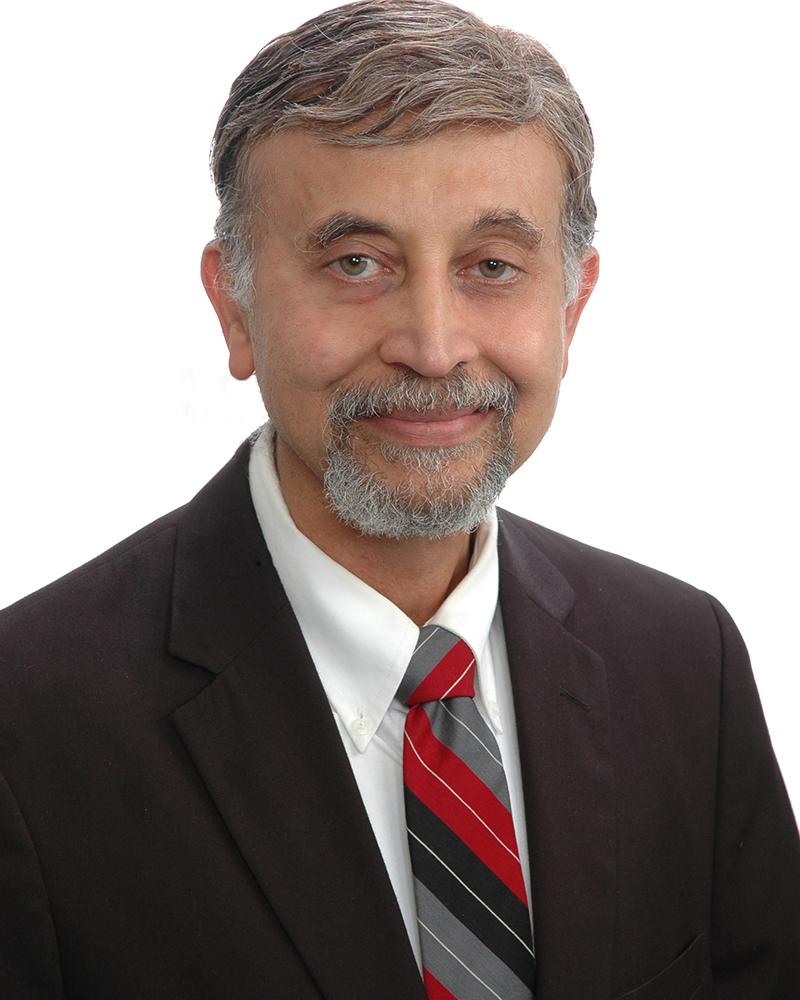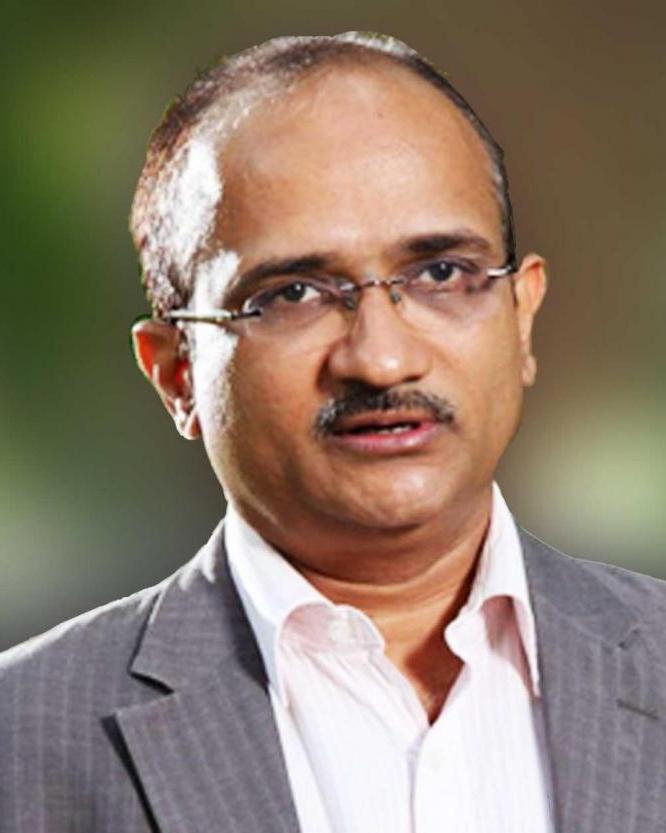We are pleased to announce the following PLENARY Speakers at IEEE SENSORS 2018
"Giving Prosthesis the Feeling! Biomimetic and Neuromorphic Sensors"
Dexterous prosthetic hands are modern mechatronic achievements: the robotic hands are almost human like with their multiple fingers and dexterous manipulation capabilities. But they lack the human like skin, the sensors, and most importantly, sensibility. This talk will present the revolutionary advances in prosthetics/robotics hand technologies, their control, and the sensors for prosthetic hands. Sensors span multiple modalities, such as touch and pressure, and sensibility spans the human-like perceptions through the signals coming from receptors and nerves, and perceived by the human brain. By marrying “biomimetic” sensors to “neuromorphic” encoding of the sensor information, human-like touch perception can be achieved. The next big advance is giving the prosthetic hand range of feelings, ranging from fine touch to painful stimulus perception. This talk will introduce the state of the art of dexterous prosthesis/robotics sensors made from soft and flexible materials and organic electronics, and methods to provide a range of sensory perceptions through biomimetic solutions. These advanced sensor technologies should provide inspiration for the design of modern prosthetics and robotics.
"Nanomaterials for nanosensors: opportunities and challenges"
Nanomaterials are in the focus of attention and offer new possibilities for electronics, optoelectronics and sensor devices. New properties are established with lower dimensions such as quantum confinement effects, but also new challenges are observed for instance in doping such structures for devices. In addition, the higher surface to volume ratio offers advantage for sensing, in catalytic reactions or for batteries. However, to use the respective materials, a deep understanding in growth as well as in material properties is needed to build up the next generation of respective devices. Challenges in controlled fabrication and functionalization will be discussed here. Examples will be presented and discussed in details.
"Sensor Platforms for Affordable IoT Solutions in the Developing World"
IoT based sensor networks are expected to see a massive growth the world over in the next few years. However, the poor infrastructure facilities available in many of the developing countries and the extreme low cost requirements these technologies are expected to meet pose a challenge for an increased penetration of these technologies in such environments. This calls for an innovation on the technology front in addition to developing a novel business model for their penetration. The requirement for IoT sensor platforms in these economies is however very critical in solving the needs of security, healthcare, agriculture, water and air quality monitoring. In this talk, we will discuss some of these challenges and opportunities for development of IoT based sensor solutions for resource constrained environments. We will show the need for a massive deployment of such technologies, their calibration, power supply and network challenges as well as the user interface requirements keeping in mind the socio-economic conditions of the end users. In order to achieve some of these goals, we demonstrate novel sensor integration methodologies where completely diverse platforms, materials and approaches are brought together in order to realize the desired system functionality at the targeted price points. The talk also discusses how nano-scale materials and phenomena can help improve the sensitivity of sensor platforms for detection of sub ppb levels of analytes for specific sensing applications.


.jpg@h=d9414b1b&itok=eH8fb3UG)


